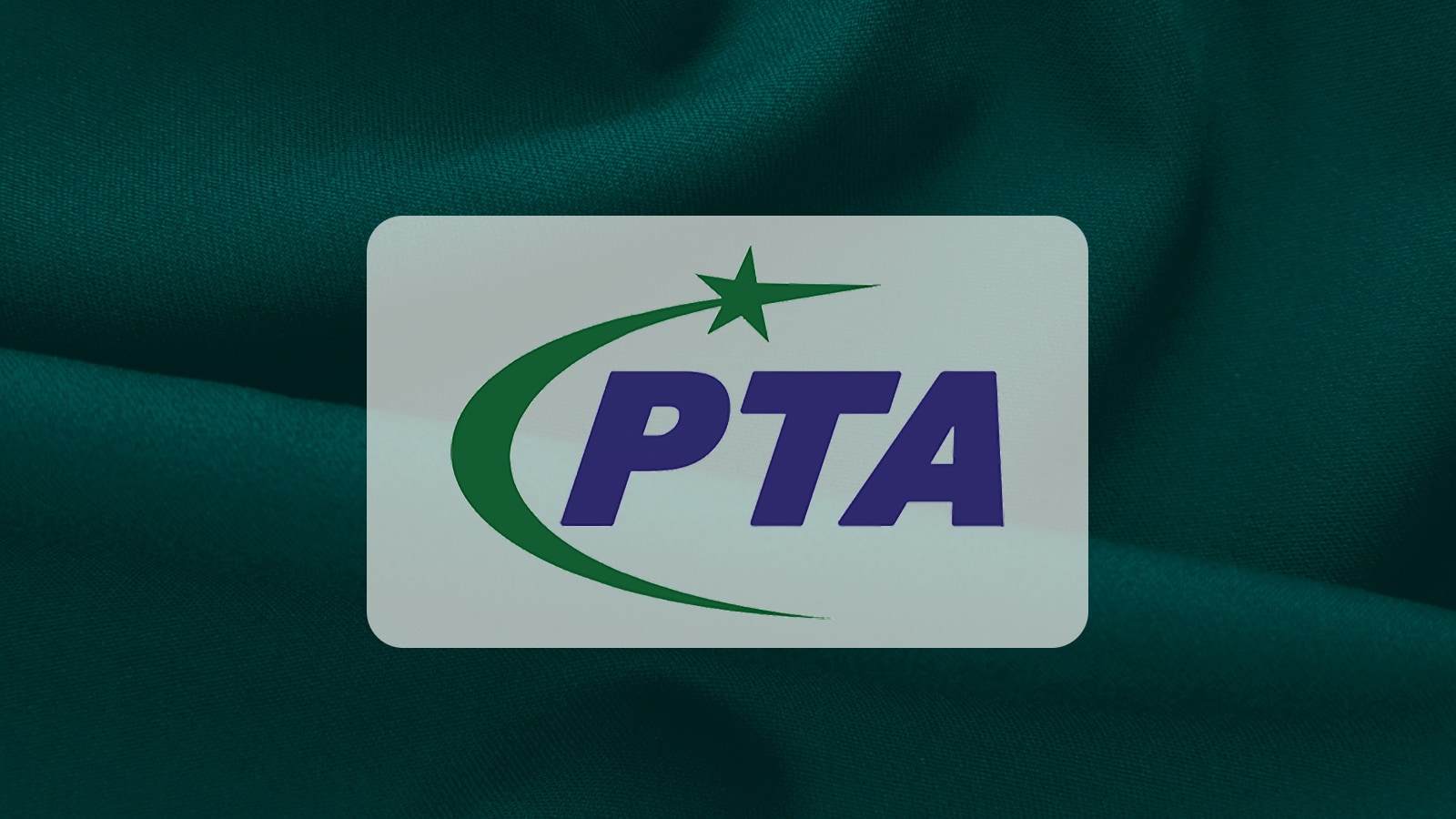
U.S. Government Agencies are Using Tiny but Capable Cameras
- A secret brochure promoting tiny surveillance systems to U.S. agencies has been leaked to the public.
- The company that creates and sells these cameras responded with lawsuit threats to the revelations.
- Reportedly, about $2.6 million have been spent on the acquisition of various types of tiny cameras.
According to a brochure of a surveillance hardware vendor that leaked through Motherboard, the FBI, DEA, ICE, and many other government agencies in the United States are buying and using teeny-tiny cameras. The brochure presents cameras that are small and discreet enough to fit on tombstones, baby car seats, vacuum cleaners, and anything else you can think of. Cameras are obviously getting smaller, less expensive, and more capable of delivering high-quality video feed, and it looks like we have reached the point that surveillance agencies have always dreamed of.
The vendor who is selling these products to the U.S. government is called “Special Services Group”, and it’s a company that prefers not to advertise these cameras to the public. Instead, they are only presenting these options to the FBI and other secretive organizations. When VICE who got their hands to the brochure tried to contact them for a comment, they responded by threatening the reporters with legal action in the case that any article presenting details about what they do was published. You may check the full contents of the brochure named “Black Book” on this webpage.
According to the technical details, the IP baby seat camera is an HD camera with 360 PTZ rotation, and the “tombstone cam” is an all-in-one system that features video and audio recording. The brochure claims that thanks to the included PB-180 LiFePO4 battery of the tombstone cam, it can stay operational for approximately two days. Another interesting offering is the company’s weather-proof “Rock & Tree” cameras that can easily blend into the natural environment. As for the vacuum cleaner cam, this one comes with a 1TB of recording storage on an internal DVR, Wi-Fi connectivity, 20x optical zoom, and limitless management software compatibility features.
Based on Motherboard’s investigation on this story, the Special Services Group has sold approximately $2.6 million worth of products to two dozen U.S. agencies, including $820k for “Mobile Video Platform Kits” specifically. This is not anything unexpected or necessarily unethical, but surveillance should still be done in a context that respects people’s privacy, and this is what VICE’s journalism aims to do here. U.S. citizens should be aware of the possibility of being recorded without their consent, and in the context of an investigation that doesn’t concern them directly. Of course, privacy is on the opposite side of the FBI’s values, as they put the national safety first and above everything else.









